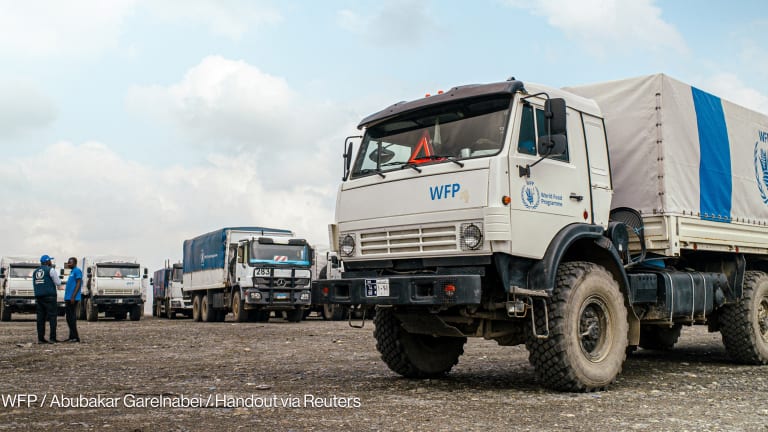In 2022, nearly 258 million people in 58 countries and territories faced high levels of acute food insecurity, a jump of about 33% from the previous year — demonstrating the world is wildly off track in achieving its goal of zero hunger by the end of this decade.
The 2023 Global Report on Food Crises found a seven-year high in hunger numbers in 2022, up from 193 million people in 53 countries and territories in 2021. It’s the fourth consecutive year with rising numbers of people experiencing Phase 3 or above of the Integrated Food Security Phase Classification, or IPC, designating their food security situation as serious.
The report blames “interconnected, mutually reinforcing drivers” for the dramatic rise in hunger numbers — namely economic shocks, weather extremes, and conflict and insecurity. Those are further exacerbated by the war in Ukraine and “lingering” effects of COVID-19.








